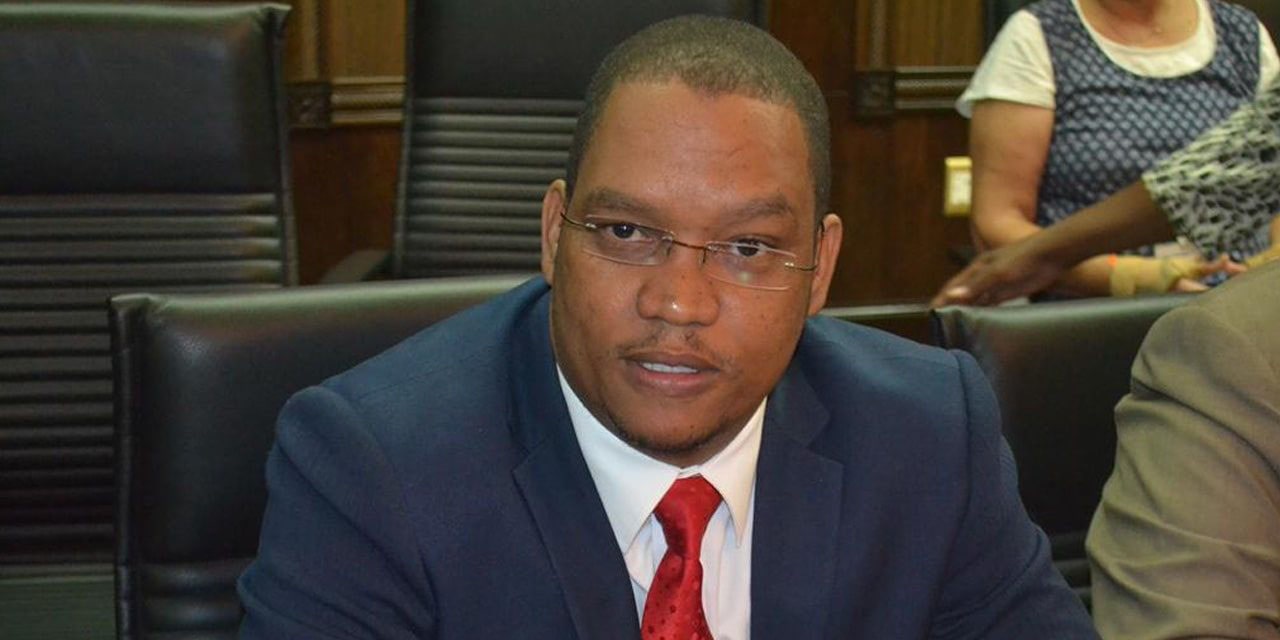Martin Endjala
Contracts and conditions of employment of tertiary institutions trainers, both academic and vocational, will be put under scrutiny if a motion tabled in the National Assembly is passed.
A motion tabled on 2 March 2022 in parliament by SWANU president Tangeni Iyambo is aimed at discussing among other the retirement ages of academics and vocational trainers at all Universities and high learning institutions.
The motion wants the retirement age of lecturers at UNAM and NUST be adjusted and uniformed. Currently, retirement age for Unam academics is 60 years, while NUST has set its at 65 years.
Swapoi MP Becky Ndjoze-Ojo while supporting the motion said that it be referred to the parliamentary standing committee for further review.
Ndjoze-Ojo pointed out that there are professors who have retired and are idle while there is a need for them. She advised that academics who have retired are be given five years to prove themselves and if productive, they be granted further three-year extension on their contracts to ensure that they deliver.
Additionally, academics should be assessed based on their research, outputs and impacts, as well as
their vast reach within their departments and others, and at their universities and beyond when considering extending their contracts.
Ndjoze-Ojo said that students also be consulted on the issue.
MP Patience Masua supports the motion, but is concerned that retirement of academics takes preference over youth unemployment.
“How can we divorce high unemployment over retirement,” she argued.
The leader of the landless People’s Movement Bernadus Swartbooi said some academics must be brought to book and their productive performance put under scrutiny.
He accused some of the academics of not having done research for their academic work themselves and having paid others to write their dissertations. “We do not learn anything from them, because they themselves, are not the writers and publishers of this knowledge but rather those that they have paid to do research on their behalf – they do not know how to do research,” he stated.




